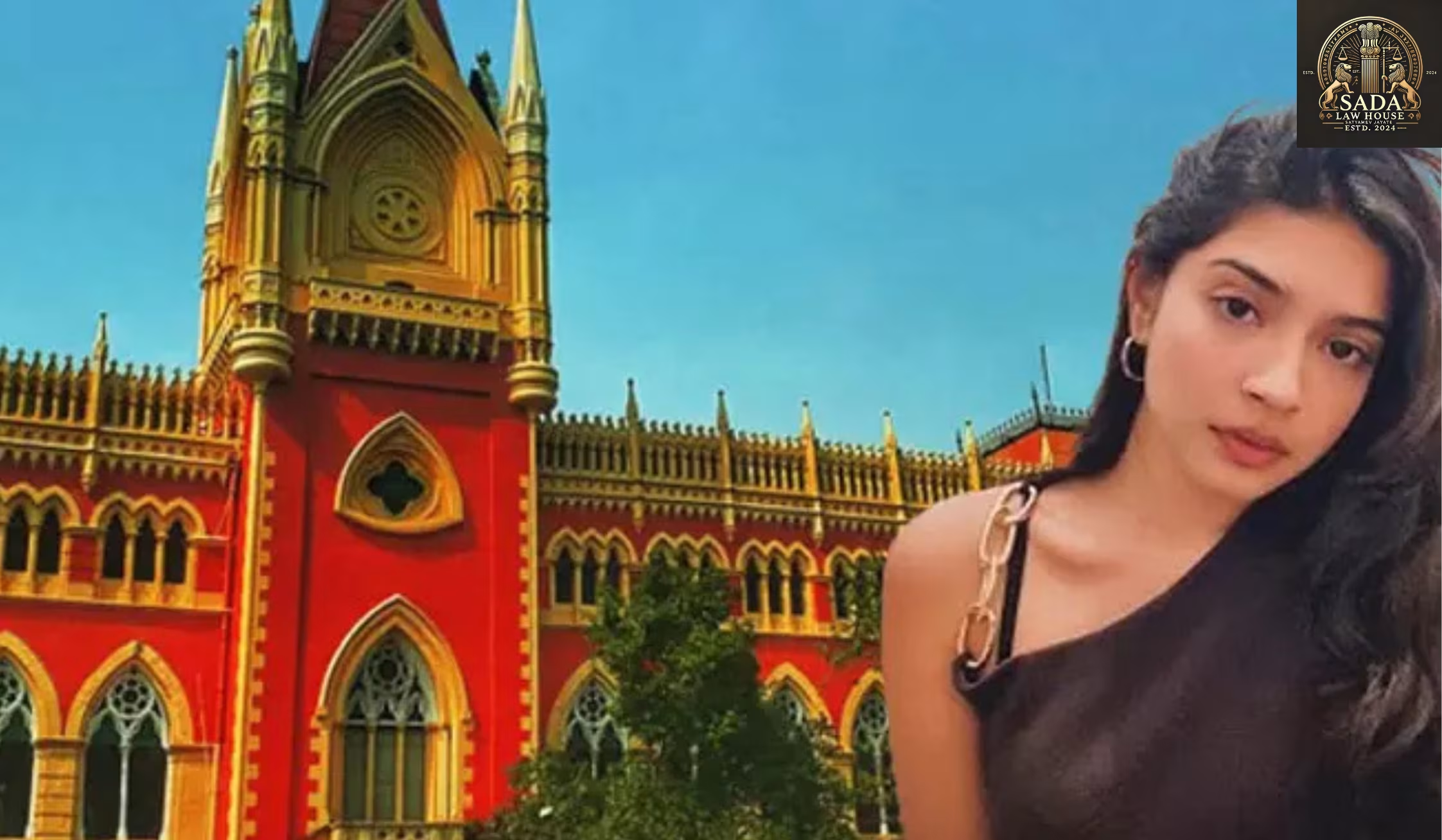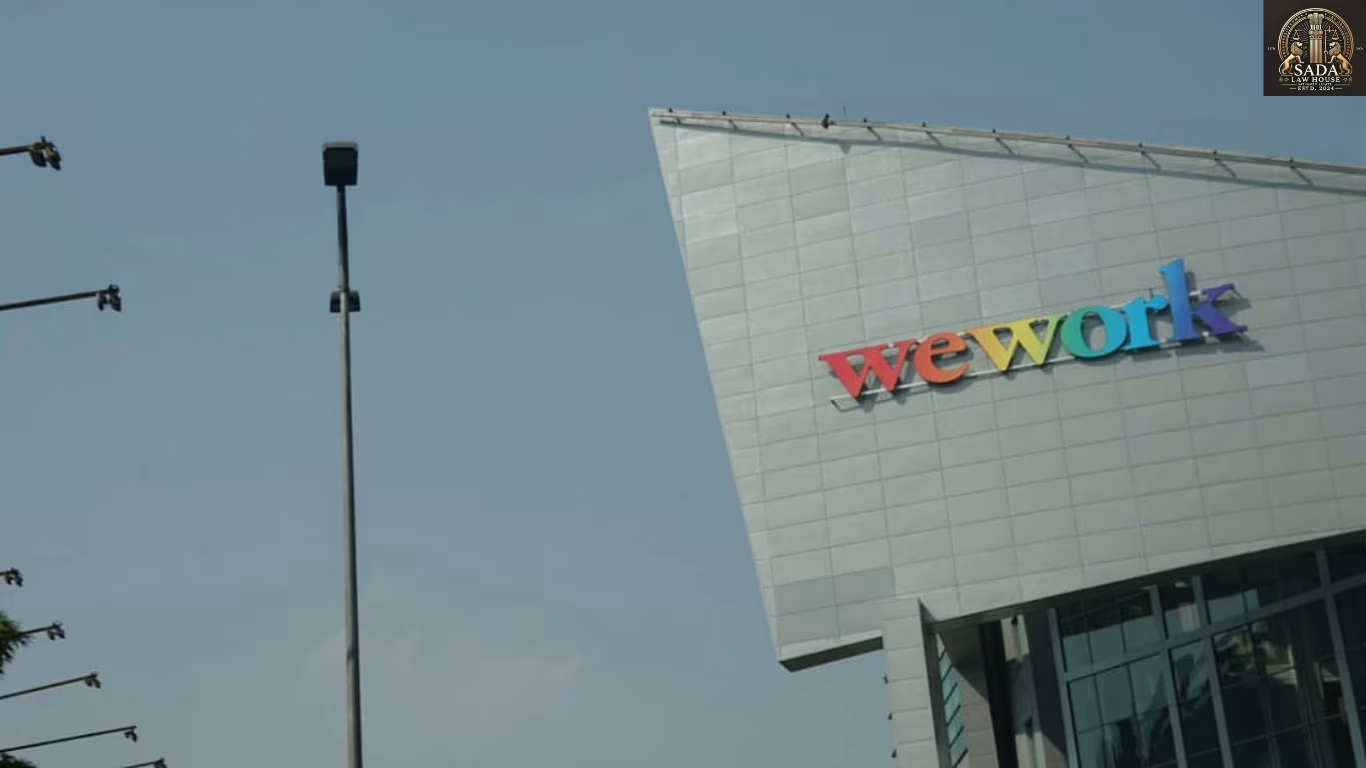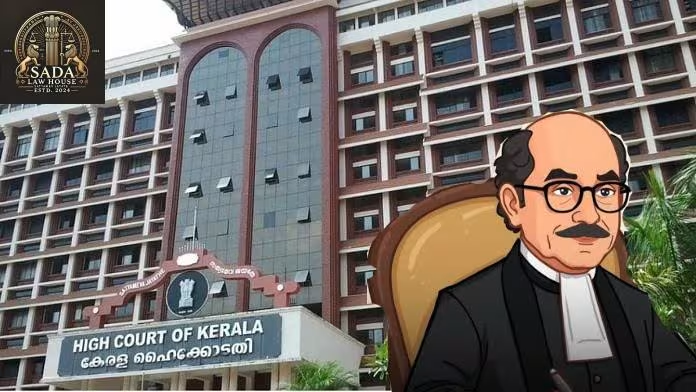Calcutta High Court Grants Temporary Bail to Law Student Sharmistha Panoli in Objectionable Video Case
- PRABHAT KUMAR BILTORIA
- 07 June 2025

The Calcutta High Court grants temporary bail to law student Sharmistha Panoli in a controversial social media video case involving religious sentiments and alleged blasphemy. Learn about the legal proceedings, constitutional rights, and court rulings surrounding the incident.
Calcutta High Court Grants Temporary Bail to Sharmistha Panoli in Objectionable Video Case
In a recent case involving an allegedly offensive video linked to Operation Sindoor, the Calcutta High Court granted temporary bail to law student Sharmistha Panoli on June 5, 2025. The court emphasized that while the right to free expression is protected, it must not infringe upon religious sentiments.
What Triggered the Arrest?
Panoli was arrested after allegedly posting derogatory remarks about Prophet Muhammad on X (formerly Twitter) and Instagram. Following public backlash, she issued an apology on social media and removed the video. Despite this, she was detained in Gurugram, and an arrest warrant was issued shortly after a complaint was filed on May 15, 2025.
Legal Arguments and Bail Plea
Panoli challenged the Trial Court’s remand order that placed her in judicial custody for 14 days. Represented by Senior Advocate D.P. Singh, she claimed her fundamental rights were violated and cited precedents where others, including Professor Ali Khan Mahmudabad and a Pune student, were granted bail in similar cases.
Arguments from the State
Appearing for the State, Advocate General Kishore Datta argued that Panoli was evasive and arrested from outside the state. The prosecution claimed that her statements had caused disruptions, justifying the filing of a First Information Report (FIR). The court was approached under Article 226 of the Indian Constitution, given the gravity of the case.
Constitutional Concerns and Social Media Responsibility
Panoli maintained that her arrest was unlawful due to the absence of prior notice and contended that the content did not constitute a punishable crime under Indian law, arguing that blasphemy is not recognized as a legal offense in India. She claimed the video was a reaction to a conversation with a Pakistani user on social media and removed the video shortly thereafter.
Court’s Decision and Protective Measures
After hearing both parties, Justice Raja Basu Chowdhury ruled that no further custodial interrogation was needed and granted Panoli temporary bail. The court also ordered state police protection for Panoli amid threats related to her online activity and instructed her to cooperate fully with the ongoing investigation.
Conclusion
This case highlights the delicate balance between free speech, religious sentiments, and responsible online behavior. The Calcutta High Court’s ruling underscores the importance of due process and constitutional safeguards while navigating modern digital controversies.
Live Cases






